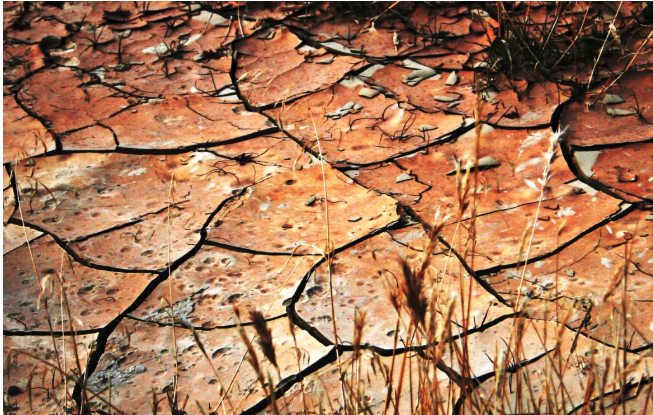
September 29, 2025, by Brigitte Nerlich
Climate change and climate discourse: A dual disintegration
I was idly watching the world go by on Bluesky around 25 September when I noticed a conjunction of several events that made me think about climate change communication yet again, and how bad things are at the moment.
On 24/25 September, an Extreme Weather conference (ExtremWetterKongress) was taking place in Hamburg, Germany, where a broad spectrum of lay and expert people discussed not only an observed acceleration in the warming of our planet, but also the disproportionately high rise in global temperatures over the last 18 years. At the same time, Daniel Swain, a Californian climate and weather scientist and communicator, warned that climate change is increasing the likelihood and severity of extreme weather types that already occur–bringing about a more intense variation on a familiar theme. But it is also expanding the range of what’s possible in new locations around the world.
On 24 September, U.S. President Donald Trump gave a speech at the United Nations General Assembly and said that “This ‘climate change,’ it’s the greatest con job ever perpetrated on the world, in my opinion […] All of these predictions made by the United Nations and many others, often for bad reasons, were wrong. They were made by stupid people that have cost their countries fortunes and given those same countries no chance for success. If you don’t get away from this green scam, your country is going to fail.” While Trump talked about a ‘green scam’, the German tabloid Bild talked a day later about a ‘green fairytale’ in a headline for an article blaming job losses on electric vehicles.
To continue reading this post, follow this link
No comments yet, fill out a comment to be the first

Leave a Reply